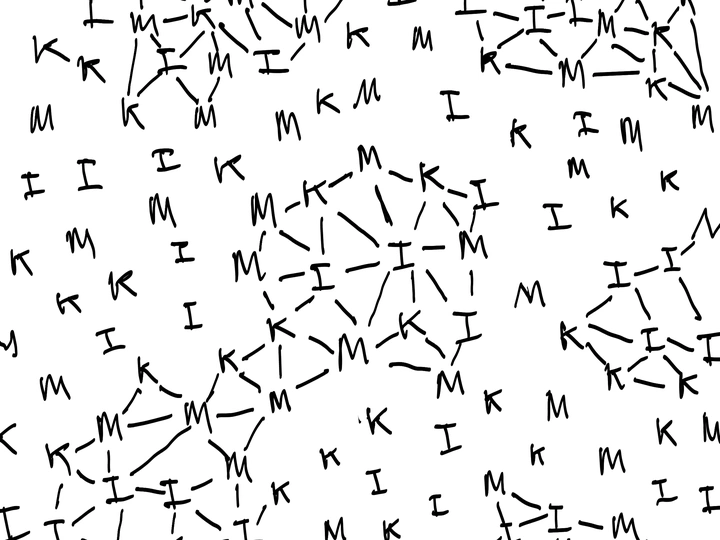bioregional.assembly

Jakob Travnik
bioregional.agency is an undisciplined, collaborative practice which supports the emergence of bioregional networks, weaving together architecture, ecology, and communities to create resilient, situated futures.
Gordon Selbach holds a degree in architecture from Bauhaus University Weimar and Waseda University Tokyo and since worked for several architecture firms in Tokyo, Berlin, Geneva and Graz. Since 2020, he has been active as a state-authorised architect within his own architectural practice, focusing on the implementation of non-toxic, local and ecological building materials into a wide array of built typologies. He worked as an Assistant Professor at the Research Unit for Architectural Typology and Design, Institute of Architectural Design at TU Vienna (2017-2022), where he currently holds an ongoing position as University Lecturer.
Jakob Travnik holds a degree in architecture from the University of Applied Arts Vienna (2016). He was Programme Assistant and Mentor at AA nanotourism Visiting School, London, UK and an active contributor to the nanotourism platform (2014 - 2022). He worked as an Assistant Professor at the Research Unit for Architectural Typology and Design, Institute of Architectural Design at TU Vienna with a specific focus on impact-oriented research and production of architecture within the framework of nanotourism (2017 - 2022). Currently he holds an ongoing position as University Lecturer at TU Vienna.
In various roles, they have been contributing to pilot projects focusing on the initiation and implementation of bioregional design practices in Austria: Culture in Residency (Wörthersee, Alpe-Adria, 2023) Bioregional Assembly_Salzkammergut (European Capital of Culture, Bad Ischl Salzkammergut, 2024) and Biofabrique Vienna (Klima Biennale and Vienna Design Week, 2024).
Building upon their joint experience, Gordon Selbach and Jakob Travnik have co-founded the bioregional.agency in 2025.
“A bioregion […] is definable by natural rather than political or economic boundaries. Its geographic, climatic, hydrological, and ecological qualities – its metabolism – can be the basis for meaning and identity because they are unique. Growth, in a bioregion, is redefined as improvements to the health and carrying capacity of the land, and the resilience of communities. Its core value is stewardship, not extraction […].” (John Thackara, Bioregions: Notes on a Design Agenda, 2015)
bioregional.assembly is an open and ongoing initiative by the bioregional.agency to facilitate meaningful connections between bioregional materials (M), knowledge (K) and infrastructure (I) globally.
Depending on the specific needs of each bioregion, the aim is to co-create bioregionally-specific projects in interdependence with diverse bioregional stakeholders. These are usually hosted by a bioregional.hub which can manifest itself digitally, physically or both.
The bioregional.assembly is as a key phase in the following loose methodological framework:
bioregional.situation (short-term)
Before work is started in a bioregion, the territory is mapped (digitally) and visited (physically) to evaluate its specific resources (material, knowledge, infrastructure) in the context of current social, economic and ecological conditions. These make up the ‘situation’.
bioregional.assembly (medium-term)
Based on an assessment of the challenges and opportunities within the ‘situation’, a systematic assembly of projects is developed which connects the identified resources in such a way that the bioregion gains the capacity, knowledge and tools for action. These form the ‘assembly’.
bioregional.ferment (long-term)
Once a number of ‘assemblies’ have proven to be beneficial to the bioregion, a formal network is created (ie. a cooperative, association) in which its members co-create resilient and self-sufficient cultures over a longer period of time. These form the ‘ferment’.